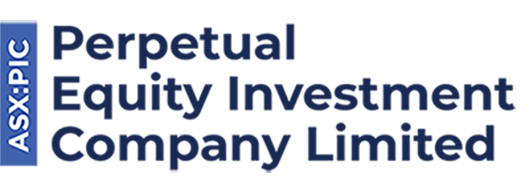
A special dividend, also referred to as an extra dividend, is a payment made by a company to its shareholders that is separate from the usual recurring dividend cycle. It is the ‘once off’ nature of this payment − and the fact that it is usually a far larger amount than a typical dividend payment − that makes it a special dividend. Companies may use these payments to reward loyal shareholders after unusually strong earnings, the sale of a subsidiary or other asset, for tax reasons or to celebrate achieving a significant milestone.
It should be noted that relatively few companies pay out special dividends and there are both pros and cons to doing so. Companies with an overabundance of cash reserves may instead choose to engage in share buyback programs or increase their regular dividend instead of paying a special dividend. On the other hand, there are also examples of companies in cyclical industries occasionally paying out special dividends on a semi-regular basis to reward long-term shareholders who stayed invested throughout the cycle.
Aside from generating goodwill and bolstering shareholder confidence, the reasons for issuing a special dividend are sometimes more practical. A special dividend can be used to alter a company’s capital structure by reducing equity and assets. The company may have reason to alter the percentage of debt versus the percentage of equity used to finance the company. Another possibility is that the company is using a special dividend in conjunction with their regular dividend policy to form a hybrid dividend policy. This is especially true of cyclical companies, which may follow a normal dividend cycle but also declare a special dividend when the company is performing better than normal.
However, there are also potential disadvantages to consider when declaring a special dividend. Investors usually appreciate receiving an extra pay out, but they could also interpret the gesture as the company having no better use for its cash reserves. More broadly, the market may conclude that the company lacks ambition or has run out of reinvestment opportunities. This may have a negative impact on the company’s stock price if investors conclude its growth potential is decreasing.
